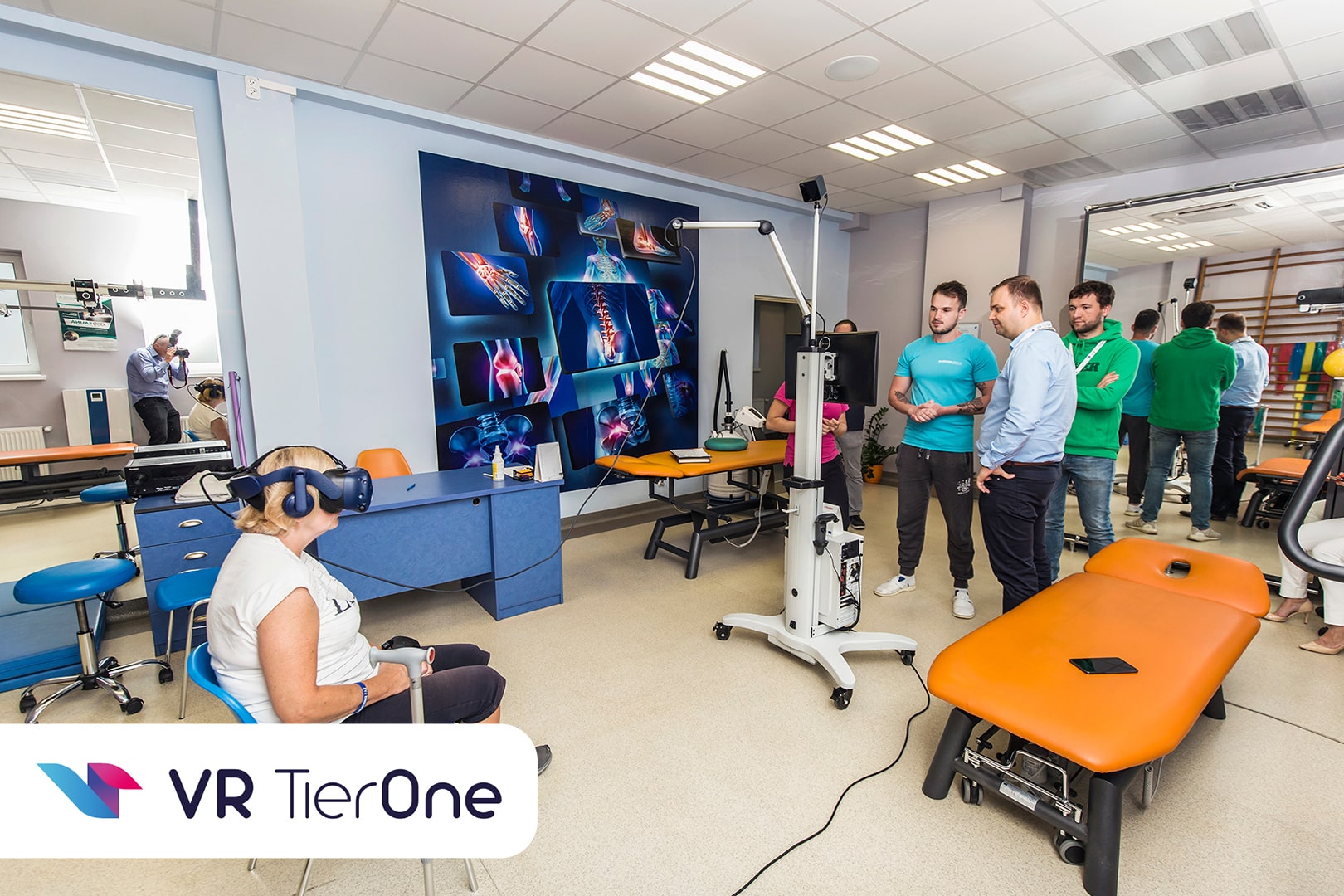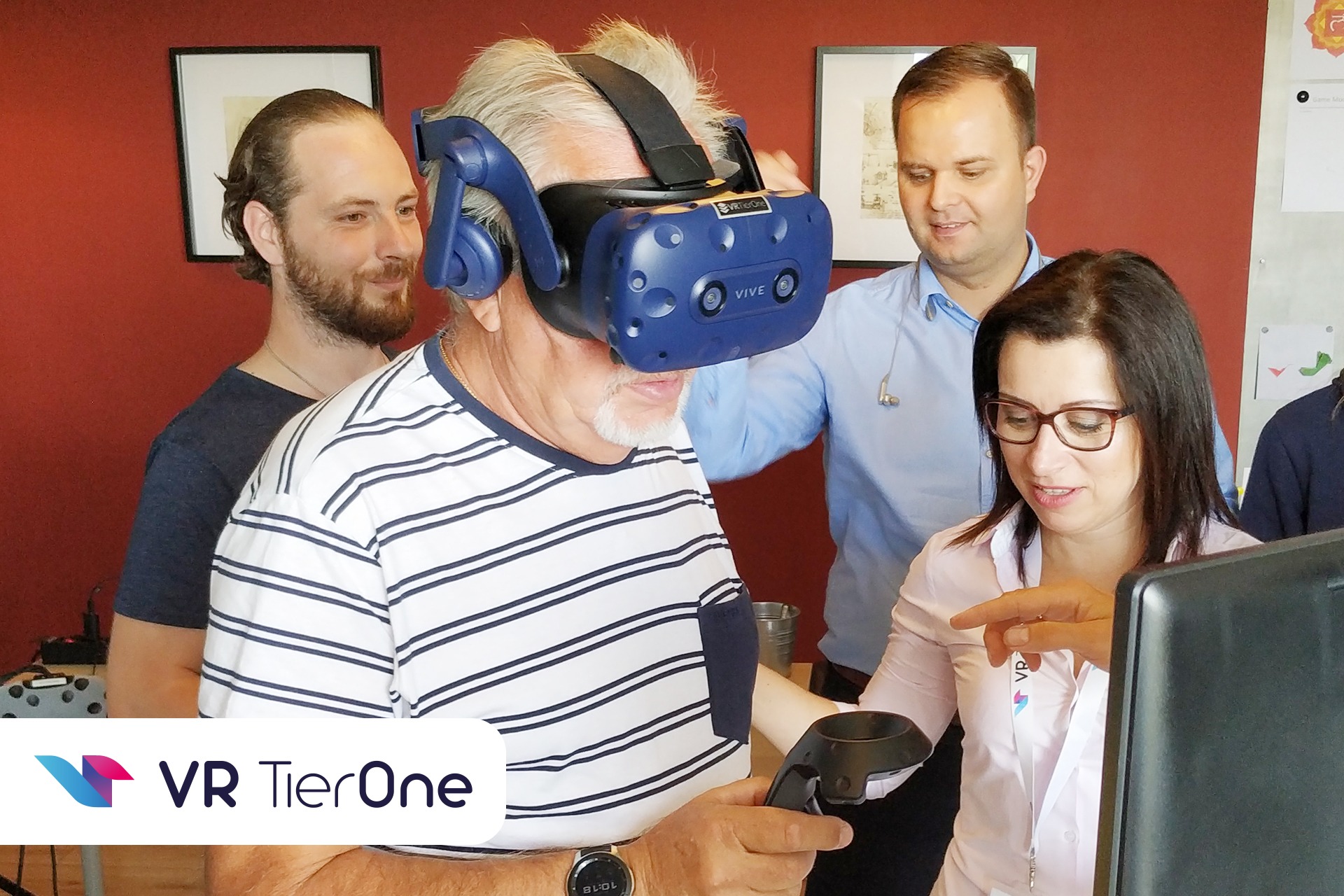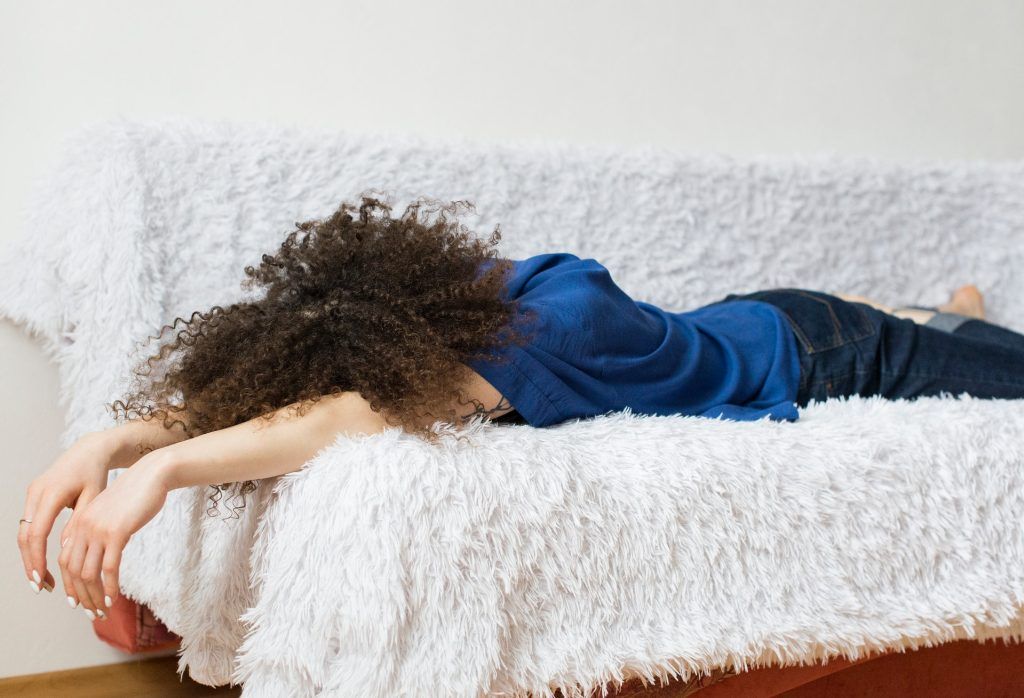According to data from the World Health Organization, in 2020 there were just over a billion people aged 60 and over, which means that seniors accounted for 13.5% of the world’s population at that time. That’s two and a half times more than 40 years ago. The aging of the world population is a fact, it is predicted that the number of older people will increase every decade. Extending human life is a great achievement of contemporaneity, which, however, prompts for further actions for the so-called successful aging. The quality of the ever extending life proves a constant challenge. Healthy aging promoted by WHO presupposes reaching old age in the best mental and physical health possible. Depression in seniors is a serious socio-medical issue, and as many as 20% of all patients treated for depression are elderly. Due to the worldwide increase in the number of people reaching old age, we should expect an increasing demand for depression treatment services.
Senior depression
There is no definition of a senior, however, according to the WHO assumption, age of 60+ is considered the beginning of early old age. Thus, a senior is conventionally referred to as a person who has reached the age of sixty. Entering this age means that you can benefit from medical care dedicated to the elderly, i.e. geriatrics. Some sources claim that senior age should be raised to 65+, which is dictated by the extension of human life and the shifting of the boundaries between middle age and the onset of old age. Chronic diseases and disability caused by the passage of years often appear in seniors, which, together with the cessation of professional activity, may form a depression triggering factor. Seniors are at risk of depression, and their increased risk levels are associated with the fact that they find themselves in a new life and health situation. The reasons and risks of depression in seniors are as follows:
- retirement or disability pension,
- deterioration of economic situation,
- no meaning in life,
- stay in a care facility,
- the need to care for a sick relative,
- death of a partner or loss of other close people,
- decreasing fitness of body and mind,
- body changes and loss of physical attractiveness,
- the presence of numerous diseases,
- lost independence,
- reduced group of friends,
- loosening family ties/difficult contact with children and grandchildren,
- loneliness,
- lack of support,
- cessation of physical activity,
- abandonment of interests,
- taking depressogenic drugs,
- impoverished diet and nutritional deficiencies,
- disturbances of brain neurotransmitters,
- history of depressive episodes.
The etiology of depression in old age is usually multifactorial and consists of biological, psychosocial, and economic factors. Often the causes of senior depression overlap. Although depression is particularly common in the elderly, it is rarely diagnosed and therefore frequently left untreated. It’s important to note that depression is not a normal sign of aging. Depression is a serious disease which can nevertheless be treated. Even the symptoms of depression that persist for more than two weeks: loss of life satisfaction, lack of energy, fatigue, negative evaluation of the past, present and future as well as disturbed cognitive functions in an elderly person may be mistakenly considered, by relatives and by the senior persons themselves, as natural and related to the process of aging. Symptoms of depression in older people are most often verbalized in the form of complaints about pain and insomnia. The role of relatives is to broaden their knowledge about aging and possible depressive changes, as well as about the available options of help, support and treatment. The role of the physician is to exclude somatic diseases and, if necessary, to include therapy that strengthens the mental aspect of the seniors’ health.
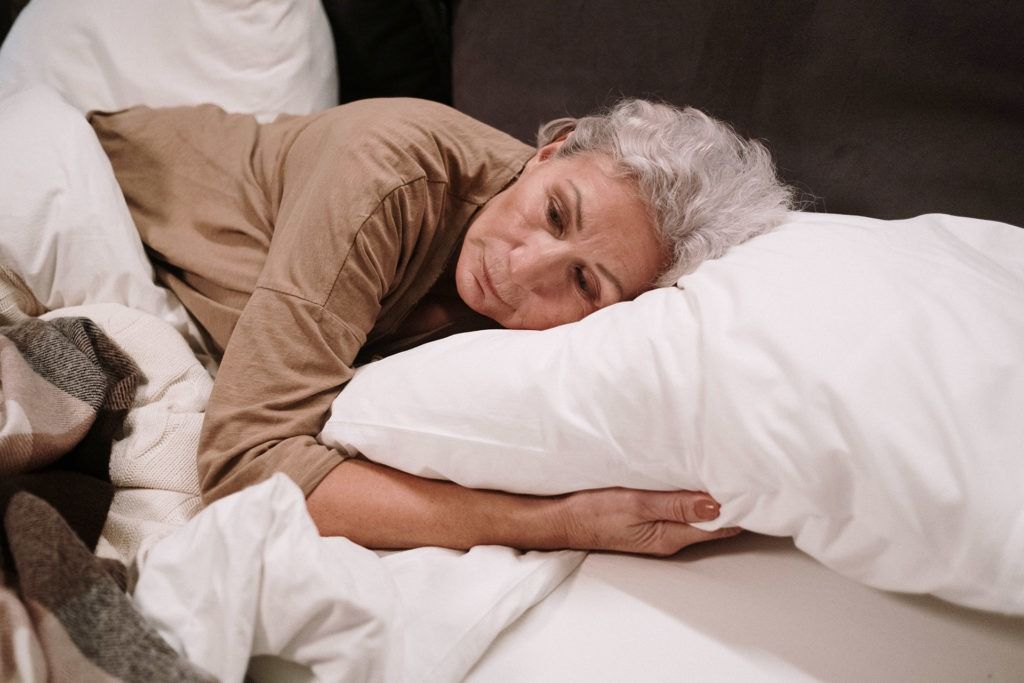
Successful ageing
Unfortunately, all societies tend to demonstrate the phenomenon of ageism (discrimination of the elderly in many fields), manifested by a negative attitude towards seniors and disregard for their needs, e.g. in the area of infrastructure, work, entertainment and recreation. Existing beliefs and prejudices, as well as discrimination against the elderly contribute to reduction of the well-being of seniors. This state of affairs means that the elderly do not want to identify themselves as a senior in its stereotypical image of the infirm. People on the threshold of old age may have problems with accepting changes resulting from the passage of time and the fact of belonging to a socially excluded group due to their age. Pejorative attitude towards the elderly and people with mental disorders makes the coexistence of both phenomena inhibit reaching for help for fear of human unkindness. Fortunately there are also changes visible in thinking about old age people, due to the fact that the elderly are no longer representing a minority in societies.United Nations declared the years 2021-2030 The Decade of Healthy Aging. Activities for the current decade are aimed at improving the quality of life of seniors and changing the way we think about older people. Age does not have to mean entering a sad path of life, devoid of joy, support and good medical care. How seniors are perceived also depends on the elderly themselves. Their open attitude towards social programs and medical solutions for seniors can bring benefits to those concerned, bringing hope to future generations that aging can be experienced successfully, in mental and physical health and cognitive performance.
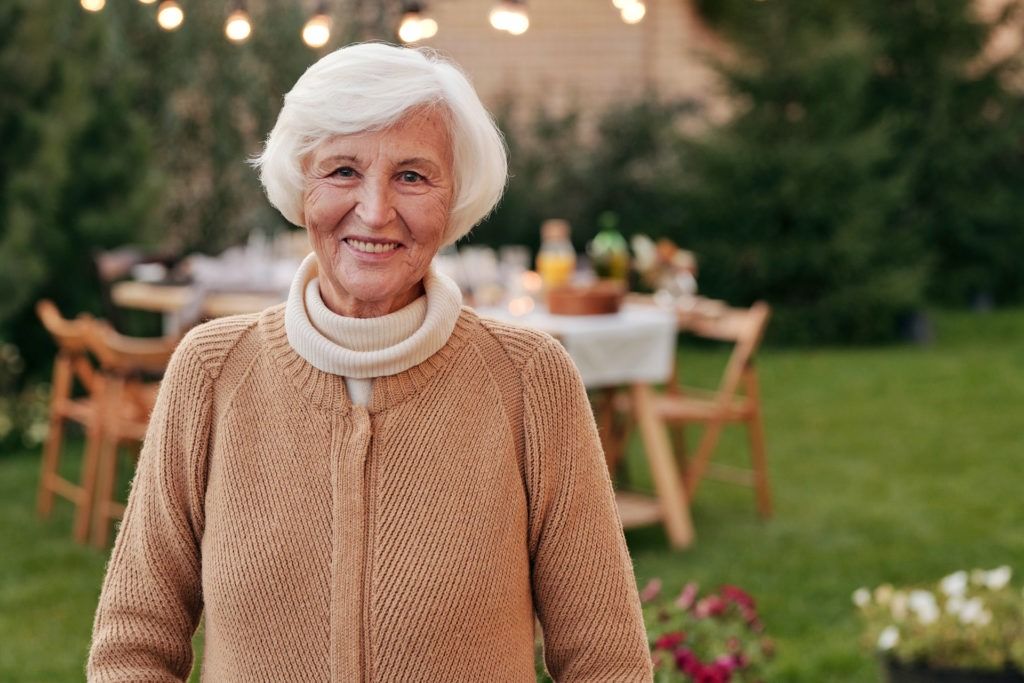
We provide aid to the seniors
The cornerstone of helping is to understand the issue. Information campaigns and articles offer help in getting to know depression. It is important to expand our knowledge and look for solutions in those areas that may concern ourselves or our loved ones. Depression does not always require medication, in some cases psychotherapy will suffice. People suffering from depression should seek the assistance of a psychotherapist, but, for numerous reasons, this is most often not the case. The problem stems from low awareness of depression and its symptoms, fear of stigmatization, economic reasons, and limited access to mental health specialists. The above-mentioned reasons discourage patients from contacting them and making efforts to improve their mental health. The problem of senior depression is underestimated, and yet, if left untreated, it weakens the physical condition, lowers intellectual performance and delays possible rehabilitation. Untreated depression can make our body escape into illness, manifesting mental ill-health with physical ailments. And this makes the functioning of an elderly person worsen, and the risk of hospitalization increases, and caring for the patient becomes even more difficult. Overburdened by stressful events and life changes, seniors wish to escape from difficult reality. Unfortunately, in the case of depression, this escape can take the dangerous form of alcoholism or even the extreme of suicide. It is understandable that under the pressure of stressful situations we want to change the environment, take a distance, take a different look at our situation. The medical device created by VR TierOne allows to strengthen the patients’ psyche by replacing the real environment with a specially prepared virtual environment and conducting a pleasant and effective therapy in this new environment.
VR TierOne helps seniors deal with depression and enjoy the present moment.
The VR technology used in the VR TierOne solution allows us to break away from difficult reality, in a safe and non-pharmacological manner. This positive dose of escapism and immersion in the virtual Garden of Rebirth as well as elements of Ericksonian psychotherapy make VR TierOne an effective solution in eliminating adverse mental changes. The conducted research on VR TierOne in the treatment of senior depression not only proved its positive results, but has also demonstrated that our solution is positively viewed by the elderly. Today, we can successfully strengthen health, help seniors in depression and regaining their well-being in hospitals, nursing homes, foundations and other medical facilities, adding a new, better dimension to the treatment of depression.




